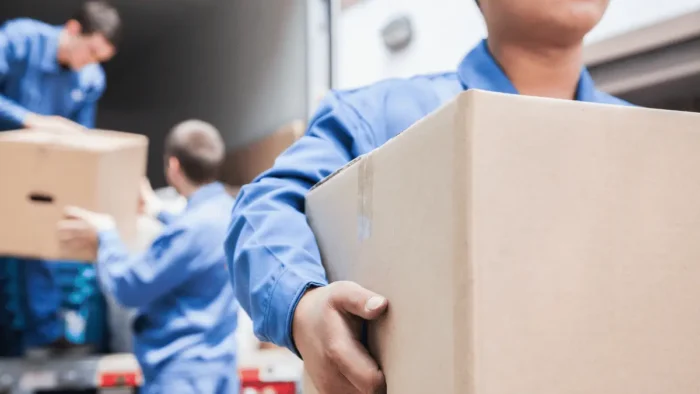For decades, world economies have been striving to keep their GDPs on the rise. Nations seek affluence, power, and dominance; in that case, productivity is the way to go. For decades now, although new sustainable and developmental goals have been discussed among world leaders, industrialization is on the rise. Smokey grey skies, polluted, raging seas, inaudible birds, and melting icebergs are a few examples of what our world has to endure. Not to mention the natural forest fires, disastrous earthquakes, and devastating tsunamis that planet Earth deals with.
Natural disasters put billions of lives at risk; not only are humans subject to terrifying dangers but other species, that are necessary to maintain balance and harmony in the ecosystem, are endangered too. Dealing with the aftermath of a natural disaster can be physically, emotionally, and mentally draining. This is why we are here to tell you how to deal with it.
Seek Social Support
According to Very Well Mind, a trusted psychology platform, research shows that the earlier you allow resources, support, and other forms of interventions to help you out, the sooner and easier you can overcome the dire repercussions of traumatic events, like natural disasters. Although your whole community is likely affected by the situation, finding just one person that you can confide in will make all the difference. You shouldn’t be afraid to ask for help whenever you need it either. While it’s not a good idea to overload others who had to face the same situation, you should consider reaching out to friends or family who live in unaffected areas.
Safety Concerns
Your home will have probably been affected by the natural disaster in one way or another. That said, you should make it a point to conduct regular checks as a precaution. The professional emergency repair and restoration crew at Cotton GDS suggest that you assess the integrity of your home, even if the consequences aren’t severe. Check for broken windows, missing roof shingles, sewage or plumbing issues, and electrical hazards. If you can, make sure to contact a contractor who can fully evaluate your home.
A weakened home foundation, or even minor damages, can turn into major safety hazards. You don’t want to risk having your home fall apart in case another disaster strikes. If you leave electrical issues or broken appliances or home features unattended, you could also be putting the well-being of your family members at risk.
Support Groups and Professional Help
You need to check in with yourself and understand the extent to which you have been affected by the situation. If you live with your family, you need to discuss the situation with them and understand how they are feeling. Children can find it incredibly hard to wrap their heads around these situations. They may also be unable to approach or express their feelings; you should look out for any unusual behaviors or thoughts. Reaching out to local support groups, or even exploring more professional options like one-on-one therapy can help save the situation. Crisis counselors can also offer helpful advice on how to get your life back on track and cope with the impact of the event.
Maintain a Schedule
Maintaining a schedule can be really helpful to you and your family. Setting up waking up schedules and mealtimes can prove to be beneficial. You can also take the time to contact friends or carry out fun activities with the family. Natural disasters can get in the way of your lifestyle. They can disrupt your routine and make it hard to get your life back on track. Life can also feel chaotic and out of control, especially during this situation, making you feel all the more anxious. Creating a structured schedule can help keep everything more predictable, eliminating the element of surprise.

Talk About It
It’s important that you acknowledge your feelings regardless of how painful they are, and you should also encourage your family to do the same. Talking about the situations can help put things into perspective. It can also help ease intense emotions, such as anger, sadness, and anxiety. In fact, talking about this situation, as well as your feelings together as a family, can help strengthen your bond in the long term. You should all express your emotions. Otherwise, they will only intensify over time.
As the world resumes to face climate change, the risk of natural disasters only increases. While many steps have been taken to keep things under control, it will take hundreds, if not thousands, of years to reverse the damage. Tragically, natural disasters are devastating and are incredibly hard to deal with. For that particular reason, we collected some tips that can help make the situation more bearable.





